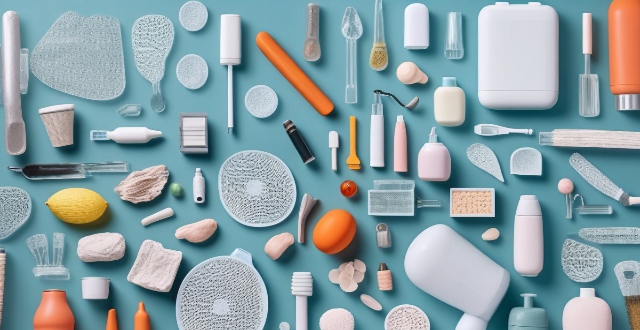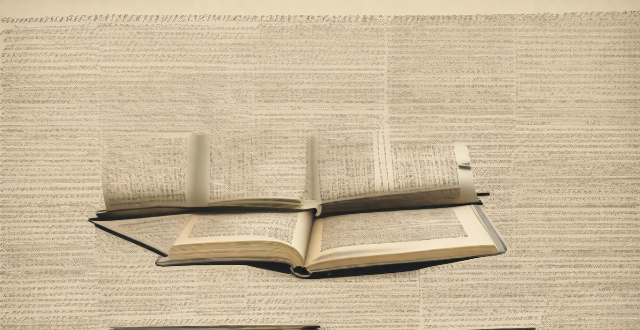Oral Halitosis

Are there any specific products or tools recommended for optimal oral hygiene ?
Optimal oral hygiene is crucial for overall health. Recommended products and tools include electric or manual toothbrushes, fluoride or whitening toothpaste, dental floss, interdental cleaners, antibacterial or fluoride mouthwash, tongue scrapers, and water flossers. Tips for optimal oral hygiene include regular brushing and flossing, regular dental check-ups, a healthy diet, quitting smoking, and drinking water after meals.

What is the importance of dental hygiene in overall health ?
The Importance of Dental Hygiene in Overall Health Dental hygiene is an essential aspect of maintaining good overall health. Poor dental hygiene can lead to a range of health problems, including gum disease, tooth decay, and bad breath. In this article, we will explore the importance of dental hygiene in overall health and provide tips for maintaining good oral health. How Dental Hygiene Affects Overall Health Gum Disease: Gum disease, also known as periodontal disease, is caused by the buildup of plaque on the teeth and gums. If left untreated, it can lead to inflammation, infection, and even tooth loss. Gum disease has been linked to several systemic health problems, including heart disease, diabetes, and respiratory disease. Tooth Decay: Tooth decay occurs when bacteria in the mouth produce acids that eat away at the enamel on the teeth. This can lead to cavities, pain, and even tooth loss if left untreated. Tooth decay can also affect overall health by causing digestive problems and nutritional deficiencies. Bad Breath: Bad breath, also known as halitosis, is often caused by poor dental hygiene. It can be embarrassing and may even affect social interactions. In some cases, chronic bad breath can be a sign of underlying health problems, such as gum disease or respiratory infections. Tips for Maintaining Good Oral Health Brush Your Teeth Twice a Day: Brushing your teeth twice a day with fluoride toothpaste helps remove plaque and bacteria from your teeth and gums. Floss Daily: Flossing daily helps remove plaque and bacteria from between your teeth where your toothbrush cannot reach. Visit Your Dentist Regularly: Regular dental checkups and cleanings can help identify and treat potential problems early on before they become more serious. Eat a Healthy Diet: Eating a healthy diet low in sugar and high in nutrients can help keep your teeth and gums healthy. Drink Water: Drinking water throughout the day helps rinse away food particles and bacteria in your mouth. Avoid Tobacco Products: Smoking or using other tobacco products can increase your risk of developing gum disease and other oral health problems. Limit Alcohol Consumption: Drinking too much alcohol can dry out your mouth and increase your risk of developing gum disease and other oral health problems.

What are the best ways to assess reading comprehension levels ?
Assessing reading comprehension levels is crucial in identifying strengths, weaknesses, and areas for improvement. Various methods include oral reading assessment, retelling or paraphrasing, written response questions, multiple-choice questions, and cloze tests. These techniques evaluate fluency, accuracy, understanding of main idea, details, and structure, factual recall, higher-level thinking skills, quick decision-making, context clue usage, grammar rules, vocabulary knowledge, and overall reading comprehension skills. By using a variety of assessment methods, educators can gain a comprehensive understanding of students' reading abilities and tailor instruction accordingly.

Are there any specific toiletries I need to bring for a camping adventure ?
When embarking on a camping adventure, it's important to pack the essential toiletries to ensure you stay clean and comfortable throughout your trip. Here are some specific items you should consider bringing: - Personal Hygiene Items such as toothbrush and toothpaste, soap or body wash, shampoo and conditioner, deodorant, razor and shaving cream, tissues or toilet paper, hand sanitizer, sunscreen, insect repellent, lip balm with SPF, and feminine hygiene products. - Hair Care Items like comb or brush, hair ties or clips, dry shampoo, hairbands or headscarves. - Oral Care Items including dental floss, mouthwash, tongue scraper, toothpicks. - Foot Care Items such as nail clippers or scissors, moleskin or bandages, foot powder, shoe deodorizers. - Miscellaneous Items like earplugs, eye mask, small mirror, travel pillow, wet wipes, first aid kit, laundry soap or detergent tablets, sewing kit, baby powder or cornstarch, extra plastic bags or compression sacks. Remember to pack these items in waterproof bags to protect them from moisture, and consider investing in reusable containers to reduce waste. With this comprehensive list, you'll be well-prepared for your next camping adventure!

How do I deal with acne and blemishes effectively ?
Acne is a common skin condition that affects millions of people worldwide. Here are some tips on how to deal with it effectively: wash your face regularly, apply a topical treatment, use over-the-counter medications, protect your skin from sun damage, eat a healthy diet, and get enough sleep. If your acne persists despite trying these methods, talk to your doctor about other options such as oral antibiotics or laser therapy.